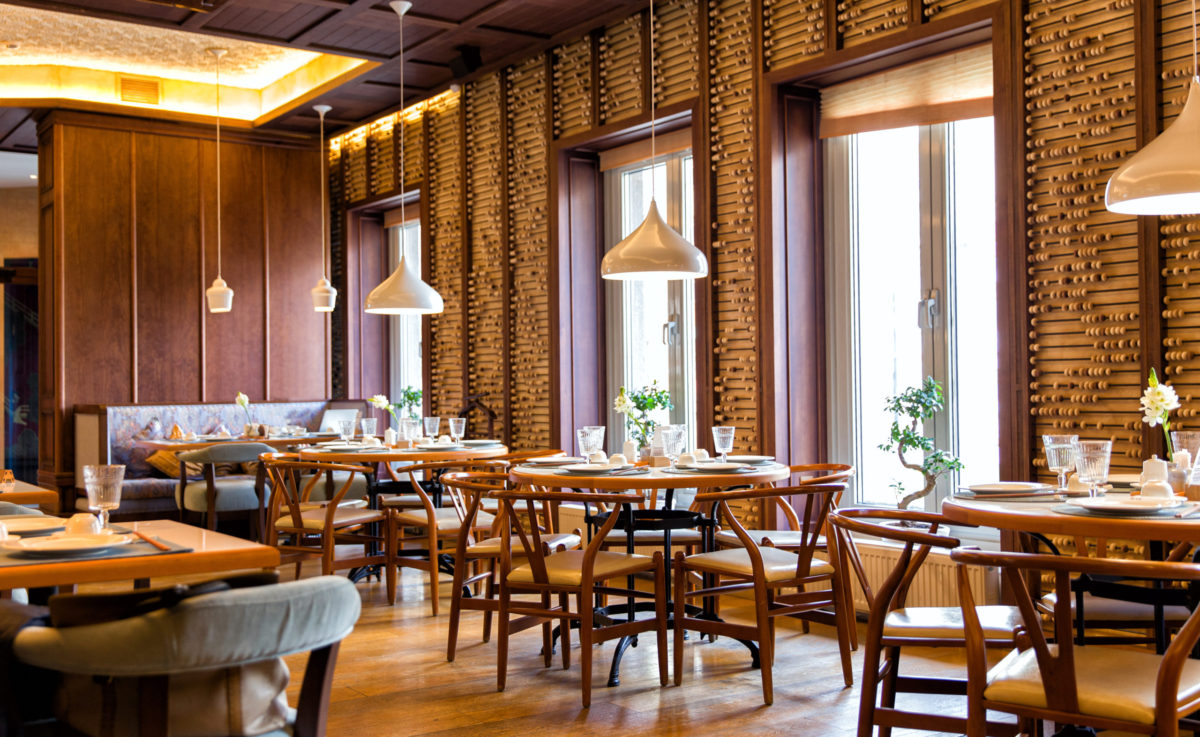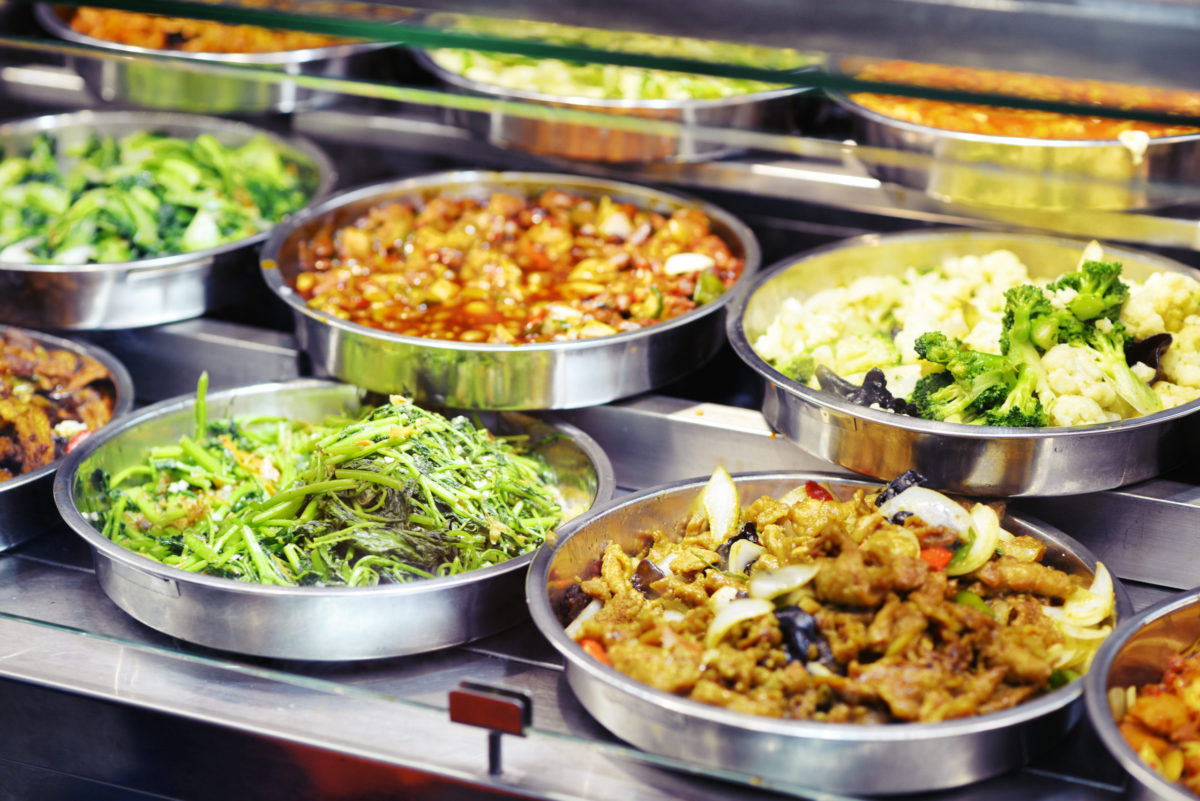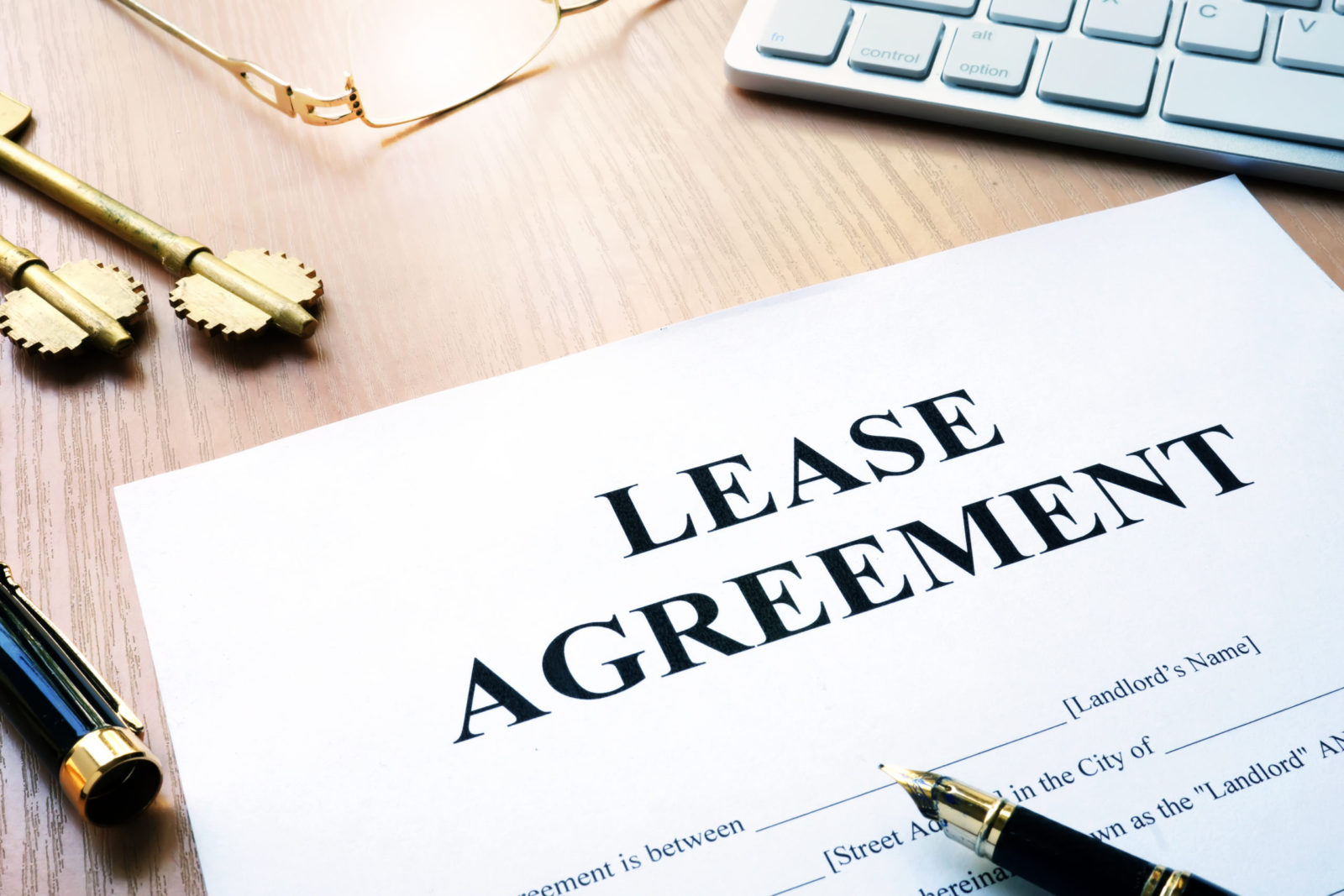Are you thinking of opening a restaurant, cafe, pub, bar, or some other F&B business? If you wish to start a business like this, one of the key licenses you’ll need to apply for is a Food Shop License. First-time F&B entrepreneurs may find the process a little confusing, so we wrote this guide to simplify the entire journey for you. We’ll walk you through the 3 steps you’ll need to take to get your Food Shop License, how much it’ll cost you, and answer some frequently asked questions related to the license. Let’s get cracking!
We’ll explain:
- What is a Food Shop License?
- How does a Food Shop License differ from a Food Shop License?
- The 3 steps to apply for a Food Shop License in Singapore
- Frequently asked questions on Food Shop Licenses
- How to protect your food shop business from food poisoning liability, and other major risks
What is a Food Shop License?
A Food Shop License permits you to operate various kinds of food shops. Examples of food shops include:
- Cafes
- Restaurants
- Drink shops
- Dessert shops
- Takeaway food & beverage shops
- Canteens (meaning an entire canteen, not an individual canteen stall)
- Food Courts (meaning an entire food court, not an individual food court stall)
- Coffee shops/Kopitiams (meaning an entire kopitiam, not an individual kopitiam stall)
- Pubs and bars that serve food
- Discos/KTVs that serve food
Food Shop Licenses are issued by the Singapore Food Agency.
What’s the difference between a Food Shop License vs a Food Stall License?
Food Shop License | Food Stall License | |
| Type of Business | Cafes, restaurants, drink shops, dessert shops, takeaway F&B shops, pubs, bars, discos, KTVs, etc. | Stalls in hawker centres, coffee shops/kopitiams, canteens, etc |
| Ability to Hire Foreign Workers | Allowed to hire foreign workers. | Not allowed to hire foreign workers. Can only hire Singapore Citizens/PRs. |
| Cost | $195/year | $32/year |
Food shops are essentially stand-alone F&B premises. Food shops can either be sit-in establishments like cafes, or takeaway establishments like bubble tea shops. Food stalls are stalls that are located in a larger food establishment, such as stalls within a food court, canteen, or hawker centre.
What are the documents needed to apply for a Food Shop License?
We’ve consolidated all the documents you need in one list, so you can have everything ready before you apply for your Food Shop License:
- ACRA profile of your company (if applying for the license under a company), OR personal details of applicant (name, NRIC, date of birth, contact details, etc.). Your ACRA profile must be dated within 3 months from your application date.
- Basic Food Hygiene Certificate / Refresher Food Hygiene Certificate of all food handlers.
- Personal details of all food handlers (name, NRIC, date of birth, contact details, etc.)
- Tenancy agreement/contract with your landlord.
- Use of premises approval from relevant land use agencies – URA, HDB, etc.
- Layout plan of your food shop premises. Make sure your layout plan complies with COPEH (Code of Practice on Environmental Health).
- Letter of authorisation (only if the application for the Food Shop License is not done by the intended licensee/director of company applying for the licence – e.g. if your friend is helping you to apply for the license)
- Cleaning programme document
- Pest control contract
What are the 4 steps to apply for a Food Shop License in Singapore?
Step 1: Gather all necessary information
To ensure the quickest application experience, it’s advisable to prepare all the required information (listed in the paragraph above) beforehand. This will help you get through the entire process smoothly, so you can start running your business ASAP.
Some key points to note:
It’s highly recommended you set up a company with ACRA first, and then apply for your Food Shop License under your company: You can only hire foreign workers if your Food Shop License is tagged to a company (e.g. a Private Limited). You cannot hire foreign workers if your Food Shop License is tagged to a personal name (e.g. your own name). Given the nature of food shop manpower requirements, you will likely be setting yourself up for a difficult time if you cannot hire foreign workers.
Therefore, it’s recommended that you set up a company with ACRA first. Here’s a great guide we’ve written about how to set up a Private Limited company in Singapore. Once you’ve registered your company, then go ahead to apply for the Food Shop License.
Choose a renovation contractor who is familiar with COPEH: COPEH stands for the Code of Environmental Practice. These are a set of rules for food-related premises. If you’re renovating your food shop, the premises must comply with COPEH guidelines. When picking your renovation contractor, make sure you verify that they are familiar with the COPEH standards, as you’ll need to submit your food shop layout to SFA to get the Food Shop License. If your layout doesn’t comply with COPEH, SFA may turn down your license application.
Make sure you’ve got your tenancy agreement before applying for the license: You need to submit your tenancy agreement when applying for the Food Shop License. You don’t have to sign the agreement yet until your license is approved, but you need to at least have the agreement in hand. If you’re searching for a place to rent, check out our helpful guide on 10 common commercial lease terms.
Ensure you have premises use approvals from the relevant land use agencies (e.g. URA, HDB) before applying for the license: If you’re renting a space that was not previously a food shop, then you’ll need to seek a Grant of Written Permission from URA. If this space (which was not previously a food shop space) is within an HDB premises (e.g. HDB shophouse), then you’ll need to seek HDB approval also. Have this done before you start your license application, because SFA will ask for the approval letters from these agencies.
Make sure the food shop’s previous occupant has cancelled their Food Shop License: If the previous occupant was also operating a food shop, and they didn’t cancel their Food Shop License, then SFA will take 2 extra weeks to process your application. This is because SFA will need to contact the previous occupant to cancel their license. Try to contact the previous occupant (e.g. contact them via your landlord, if you can’t reach them directly) to avoid this 2-week delay.
Gather personal details of all workers who will be handling food, and ensure they all have basic food hygiene certificates: You’ll need to submit the personal details of food handlers in your stall, as part of the licensing process. All food handlers must have a valid food hygiene certificate.
For certain types of food shops, you will need at least one food hygiene officer: The following types of food shops will require a staff member to be a food hygiene officer.
- Restaurant
– Housed in two or more adjacent units in private and HDB shophouses; OR
– With kitchen area exceeding 16 square metres (172 square feet) - Caterer
- Canteen
- Food court
A senior member of your staff (e.g. chef, sous chef, manager, assistant manager, etc.) must serve as the food hygiene officer. If your chosen staff member has not worked as a food hygiene officer before, they will need to attend the WSQ Food Safety Course Level 3. Upon completing the course, they will be qualified to work as a food hygiene officer.
Pest control contract: You will need to submit a contract with a Pest Control company during your license application. You don’t have to sign the contract yet – just have one ready for submission. Your contract must have an inspection frequency of at least once a month.
Cleaning programme: You will need to submit a cleaning programme document during your license application. This document should outline your proposed cleaning schedule, state the various areas of your food shop that you will clean, etc.
Step 2: Apply on GoBusiness Licensing Portal
Once you’ve prepared all the necessary documents, log on to the GoBusiness Licensing portal to apply for your Food Shop License. The whole process can be completed online.
How long will SFA take to review my Food Shop License application?
SFA will respond within 5 working days.
Step 3: Arrange for a premises inspection with SFA
Before SFA approves your license, SFA staff will need to go down to your F&B premises, and conduct an inspection. You will need to provide 7 days advance notice for the premises inspection. For instance, if you wish SFA to conduct the inspection on the 7th day of a particular month, then you’ll need to apply by the 1st day of the month at the latest.
How long will SFA take to confirm my inspection date?
SFA will confirm the inspection date within 2 working days, from the time you make the booking.
What will SFA look for during the inspection?
SFA will ensure that the layout plan you submitted is the same as the actual layout of your premises. SFA will also ensure that you have proper food washing facilities, food storage facilities, proper exhaust systems, proper drainage systems, etc.
Step 4: Make payment to SFA
After SFA clears the inspection and approves your license, you’ll need to pay SFA the license fee. A Food Shop License in Singapore costs $195/year (GST included).
Once payment is made, SFA will mail your hardcopy Food Shop License within 7 working days. It should take 2 weeks, at most, for you to receive your license. If you don’t receive your hardcopy license within this 2-week timeframe, reach out to SFA again so they can send you another copy of your license.
Frequently asked questions on Food Shop Licenses
When can I start operating my food shop? Do I have to wait for the hardcopy license?
No, you don’t have to wait for the hardcopy license to arrive.
For businesses with existing GIRO payment arrangements with SFA: You can start immediately after you’ve received email approval for your license from SFA.
For businesses without existing GIRO payment arrangements with SFA: You can start after you’ve made payment to SFA via the GoBusiness portal, or via an AXS machine.
When can I start renovating my food shop? Do I have to wait for my license to be approved?
No, you don’t have to wait for the full Food Shop License to be granted. You can actually begin renovations once you complete Step 1.
Once you’ve submitted your application via the GoBusiness Portal, SFA will respond within 5 working days. If SFA approves your application, they will issue you an In-Principle Approval letter. You can then begin your renovation work.
How do I cancel my Food Shop License?
Log on to the GoBusiness portal. You’ll have an option to cancel your license. There are no refunds for cancellations of licenses.
How do I renew my Food Shop License?
GoBusiness: You can renew your license by logging into GoBusiness, and making payment.
GIRO: If you sign up for GIRO, your Food Shop License will be automatically renewed each year. You won’t need to track your license’s renewal date, which makes it more convenient for you. Just remember to cancel your GIRO payments if you eventually give up your license.
What happens if my license expires?
You will need to apply for a new license. You cannot renew an expired license. If you’re currently operating a food shop but accidentally let your license expire, you must stop operating your food shop operations while you’re making the application for a new license. This means that you will not be able to run your food shop for at least 5 working days.
Can I apply for a Food Shop License if I don’t have a company?
Yes, you don’t need a company. You can apply as a private individual. However, if your Food Shop License is tied to a private individual, you cannot hire foreign workers. That will make your business difficult to run.
Can I run a food shop without a license?
Under the Environmental Public Health Act, it is illegal to run a food shop without a license. You can be fined up to $10,000 if you operate an unlicensed food shop.
What other licenses might I need?
If you’re selling alcohol in your food shop, then you’ll need a liquor license. We’ve written a great guide on how to get your liquor license in 3 easy steps.
Don’t forget to protect your food shop against food poisoning & major risks
Since you’re selling food, you may accidentally cause food poisoning to your customers. Lawsuits related to food poisoning are not cheap, and can easily cost you tens if not hundreds of thousands of dollars. Food shops are also vulnerable to risks like fire and water damage.
After you’ve gotten your license, make sure that you protect your food stall business. We offer the most affordable and comprehensive business insurance plans in Singapore. Click the links below to get insured online, in just 3 mins!
- Public Liability Insurance with Food Poisoning Extension from $9/month
- Work Injury Compensation (WICA) Insurance from $5/month
- Commercial Property Insurance from $12/month
- Business Interruption Insurance from $9/month


